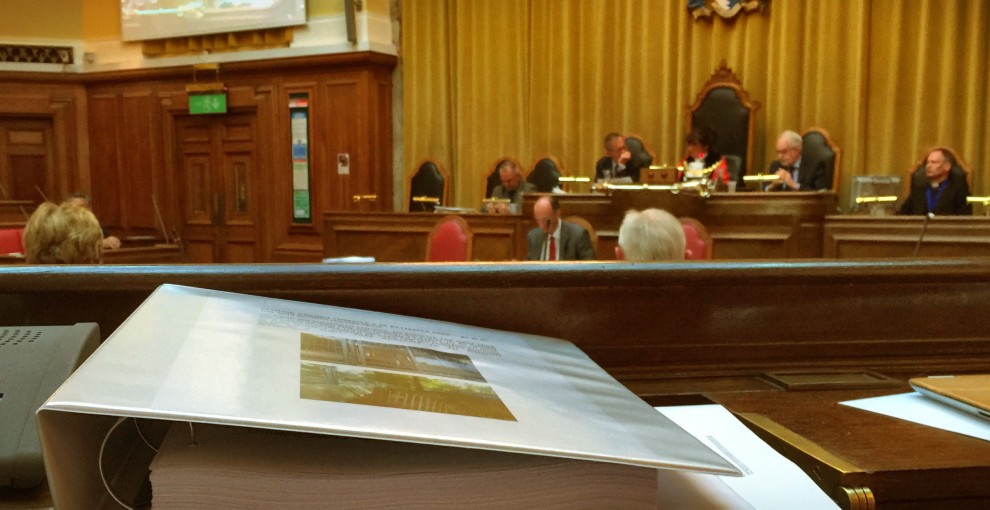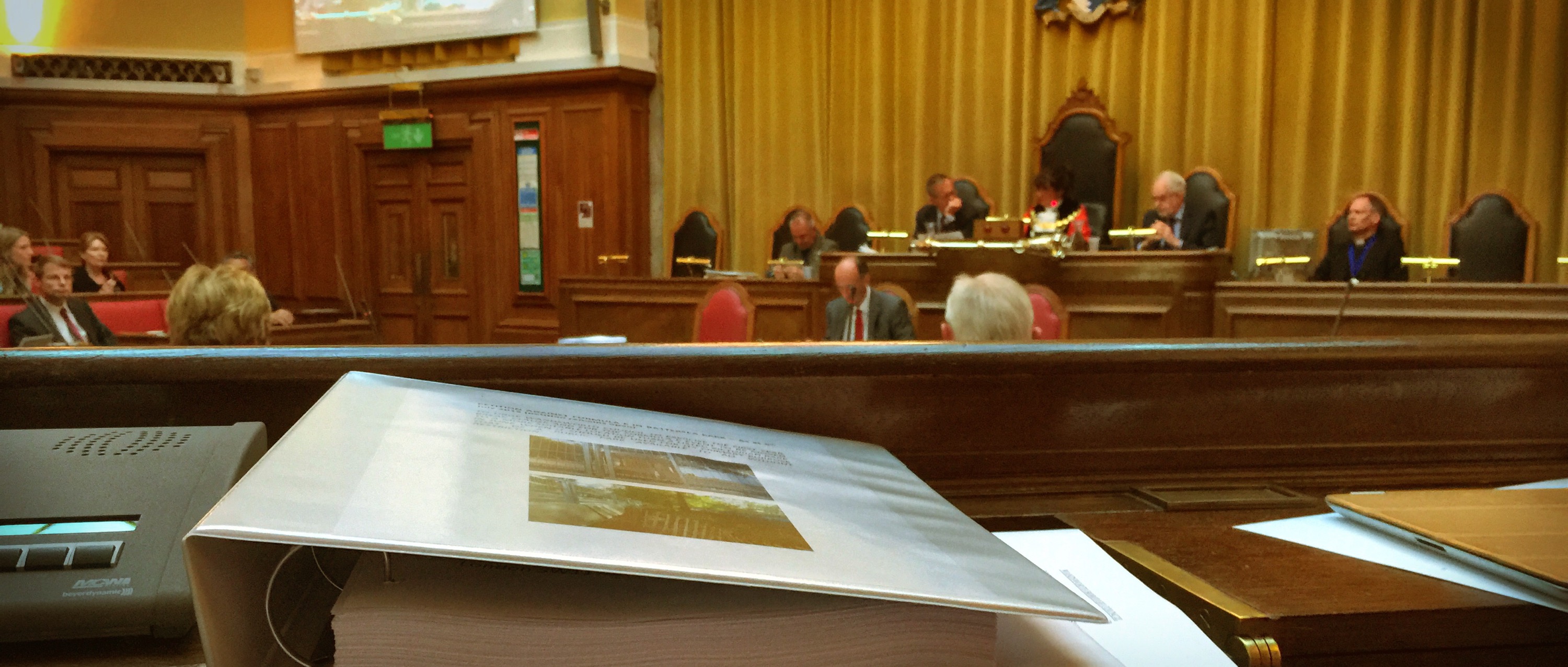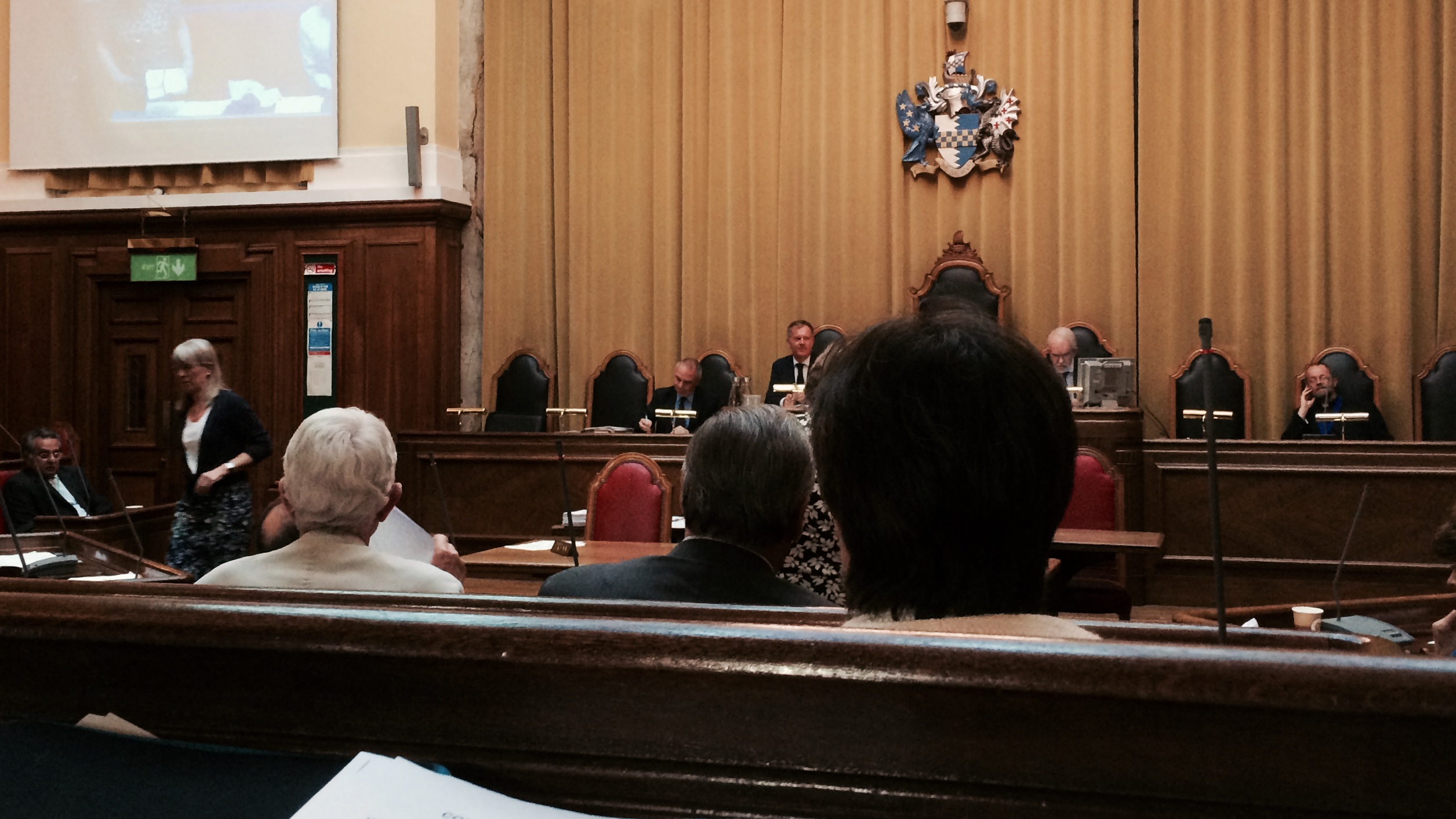I am proud to be standing for Renew in the Wandsworth council elections in May. I had spent a long time quite happy as an independent with no intention of standing as a candidate, of any type, for some time. So what changed?
Becoming independent
Leaving the Conservatives was a long time coming for me. I felt the Conservatives had ceased representing me both locally and nationally, and on Wandsworth they were feeling increasingly tired: interested only in control and lacking any positive vision for the borough.
I have enjoyed being an independent councillor and feel I make a difference (much bigger than I ever could as Conservative). But that was limited.
While I enjoyed the freedom to, say, help Tooting parkrun get started or advise the Save Battersea Park group in getting rid of Formula E it was a pretence to say I was alone. I was able to help because I was an independent, free from the shackles of party control (although I had been surreptitiously helping both, even while in the Conservative group), the fact is that those campaign’s successes only came about because everyone involved was part of something larger.
Joining Renew
And that brought me to Renew. The choice between the mainstream parties is no choice at all. It would be unimaginable to re-join a Conservative Party that seems to want nothing more than a return to the 1950s, or a Labour Party moving further and further to the left, especially while both are propping up each other’s hard Brexit delusions.
The Liberal Democrats might have some attractions, being at least anti-Brexit. But it’s hard to see how they can have any impact: tainted by their involvement in the coalition and led by Vince Cable they are simply not the right choice for challenge we face.
And that left Renew: an anti-Brexit, centrist party, a home for all those people, like me, who have found themselves politically homeless since the referendum.
What Renew offers Wandsworth
Renew is not looking to control Wandsworth council, it is quite purposefully not putting up a full slate of 60 candidates, but instead offers a compelling opportunity to voters to make their voice heard; to send a message from a 75% remain borough that hard-Brexit is not what we want, and that a choice between two extremist parties is no choice at all.
I have seen the difference that a couple of independently minded, evidence-driven councillors has made. Malcolm Grimston and I were the leading councillors forcing the council to take an aggressive stance in defending the rights of EU citizens while Conservatives were still busy crowing about the referendum result. And Malcolm has led the campaign to stand up for leaseholders being forced to pay thousands for unnecessary sprinklers.
Renew councillors can continue that role; holding whoever controls the council to account, and promoting a centrist view to balance the extremes of either a Conservative or Labour administration.
The council elections are the last scheduled election before the two-year article 50 notice period expires. You will have three votes. If you want to send a message about Brexit to the main parties, and if you want councillors that will represent you and not a few from their extreme fringes, then use one of the three votes for your Renew candidate.






